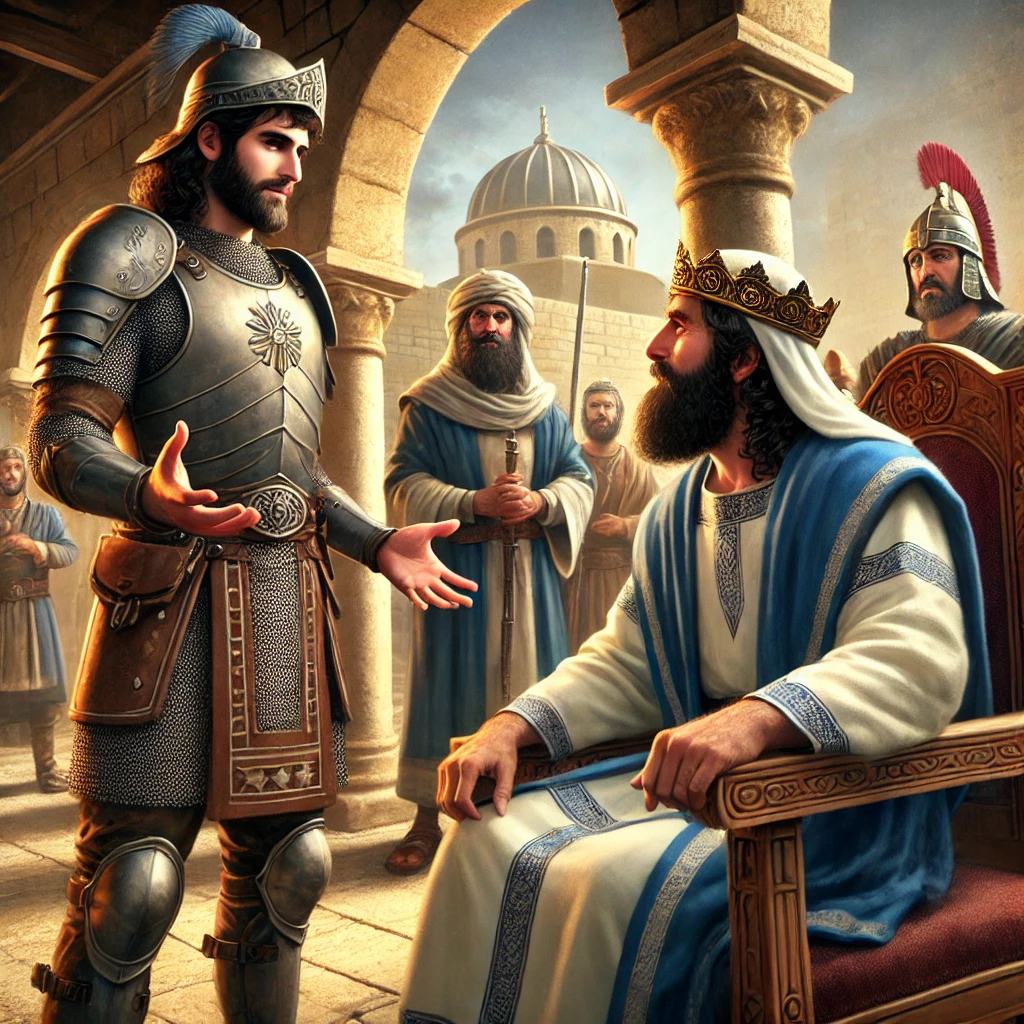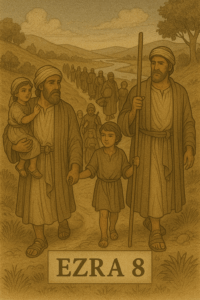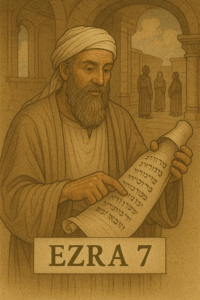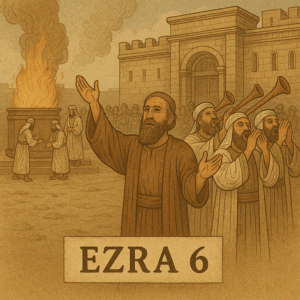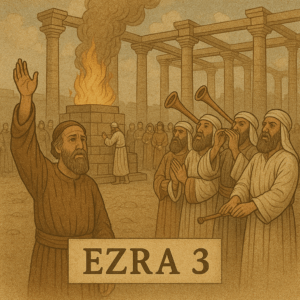Introduction.
2 Samuel Chapter 3 captures a pivotal moment in the consolidation of David’s rule over Israel. As tensions between the house of Saul and the house of David escalate, Abner, the commander of Saul’s army, decides to align himself with David, recognizing him as the rightful king. However, this chapter also includes betrayal and tragedy, reflecting the complexities of leadership and the pursuit of unity.
Abner’s Shift in Loyalty.
The chapter begins with the conflict between the house of Saul, led by Ish-Bosheth, and the house of David. Ish-Bosheth accuses Abner of wrongdoing, leading to a rift between them. Offended, Abner decides to support David and help him unify the tribes of Israel. Abner’s change of heart signifies the growing recognition of David’s divine appointment as king.
Abner meets with David in Hebron, offering to bring the northern tribes under David’s rule. David agrees, welcoming Abner’s support and signaling his commitment to establishing peace and unity among the tribes of Israel.
Joab’s Betrayal and Abner’s Death.
Despite David’s acceptance of Abner, Joab, David’s military commander, harbors resentment against him. Joab accuses Abner of deceit and seeks revenge for the death of his brother Asahel, who was killed by Abner in a previous battle. Acting without David’s consent, Joab lures Abner back to Hebron and murders him in cold blood.
David is devastated by Abner’s death and publicly mourns him, distancing himself from Joab’s actions. His lamentation and call for justice demonstrate his integrity and desire for a kingdom built on righteousness and unity rather than personal vendettas.
Key Lessons from 2 Samuel Chapter 3
- The Path to Unity: Abner’s decision to support David underscores the importance of setting aside personal ambitions for the greater good of unity and peace.
- The Dangers of Revenge: Joab’s actions reveal the destructive nature of revenge, which undermines trust and creates further division.
- Leadership with Integrity: David’s response to Abner’s death highlights his commitment to justice and transparency, even in the face of internal conflict.
Conclusion
2 Samuel Chapter 3 reflects the challenges of leadership and the complexities of unifying a divided kingdom. David’s integrity and Abner’s willingness to reconcile stand as examples of the effort required to achieve peace. However, Joab’s betrayal serves as a cautionary tale about the dangers of vengeance and unchecked power. As we reflect on this chapter, let us be inspired to pursue unity and integrity in our own lives and communities.
